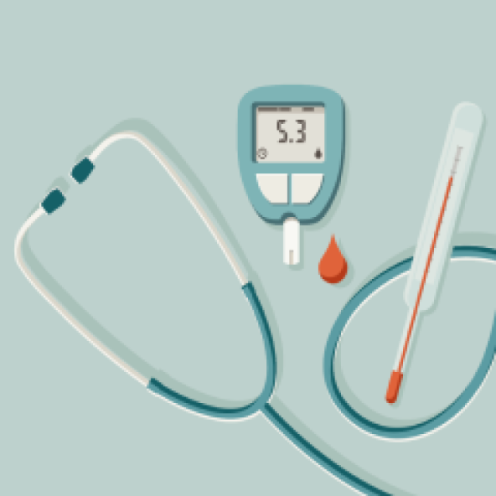- News
- Science
Patients who listen to music during surgery need less propofol for staying unconscious and fewer additional doses of fentanyl to control spikes in blood pressure or heart rate
Shweta SharmaTuesday 25 November 2025 05:31 GMTComments
 CloseRelated: Woman sings during surgery
CloseRelated: Woman sings during surgery
Sign up for our free Health Check email to receive exclusive analysis on the week in health
Get our free Health Check email
Get our free Health Check email
 Email*SIGN UP
Email*SIGN UPI would like to be emailed about offers, events and updates from The Independent. Read our Privacy notice
Playing calming instrumental music during surgery can improve patient recovery, a new study says.
The peer-reviewed study was carried out at the Lok Nayak Hospital and Maulana Azad Medical College in India on patients undergoing laparoscopic cholecystectomy surgery, the standard keyhole operation to remove the gallbladder.
The research, published in the journal Music and Medicine, was conducted between March 2023 and January 2024, studying 56 patients, aged 18 to 65 years, to reduce anaesthetic requirement and aid in decreasing perioperative stress.
The surgery to remove the gall bladder is usually short, takes under an hour, and uses a blend of five or six drugs to make the patient asleep, block pain, prevent memory of the surgery, and relax the muscles on the operating table. Patients are generally given Propofol, which induces a loss of consciousness within seconds and allows a quick, clear-headed awakening.
The primary aim of the study was to compare the total usage of propofol between those who received the music therapy and those who did not.
 Breast cancer surgeon Aicha N'Doye, right, sings to soothe a patient during anesthesia prior to surgery in the operating room of the Bordeaux Nord polyclinic, France (Getty)
Breast cancer surgeon Aicha N'Doye, right, sings to soothe a patient during anesthesia prior to surgery in the operating room of the Bordeaux Nord polyclinic, France (Getty)All 56 patients were given the same anaesthetic regimen comprising an anti-nausea drug, a sedative, fentanyl, propofol, and a muscle relaxant. All wore noise-cancelling headphones, but only one group listened to music.
The patients were asked to choose between two Indian instrumental pieces from soft flute to piano. Many selected a flute composition blending the Hindustani ragas Yaman and Kirwani, which researchers said were picked for their calming and uplifting tones.
The patients who listened to music required substantially less propofol, the primary intravenous anaesthetic for maintaining unconsciousness. On average, they needed 6.7mg per kilogram per hour compared with 7.86 for the control group, a statistically significant difference.
The music group also needed fewer additional doses of fentanyl, the opioid painkiller used to control spikes in blood pressure or heart rate during surgery.
Crucially, the physiological stress response to surgery – measured through serum cortisol – was markedly lower in patients exposed to music. Postoperative cortisol levels in the control group rose to an average of 536 IU per ml, while those in the music group averaged 417 IU per ml.
The patients who listened to music also woke up more smoothly from anaesthesia, and reported higher satisfaction 24 hours after surgery.
The study concluded that “receptive music therapy may be used as a safe and effective non-pharmacological aid to reduce intraoperative anaesthetic requirements and improve overall patient outcome with no adverse effects”.
Music therapy during medical treatment is not new. It has been used for long to reduce stress, anxiety and pain before and after medical procedures. It is widely used in cancer care, mental health, palliative care, physiotherapy, and postoperative recovery.
More about
DelhiAnesthesiaJoin our commenting forum
Join thought-provoking conversations, follow other Independent readers and see their replies
Comments
.JPG?width=1200&auto=webp&trim=153%2C0%2C13%2C0)


